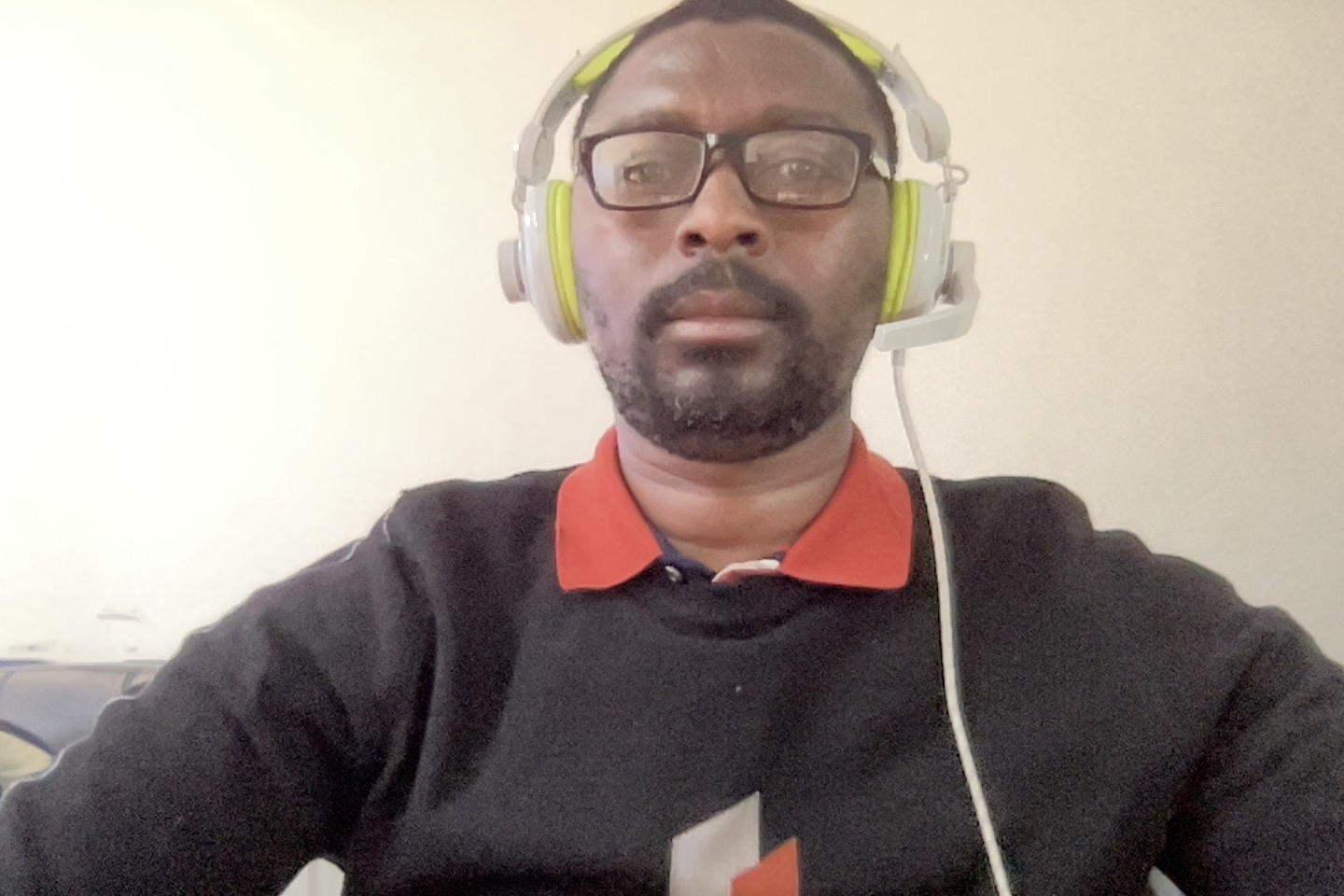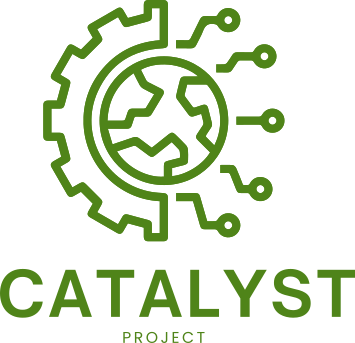Community Partner Highlight: African Institute of Biomedical Sciences and Technology (AiBST)#
This blog post is part of a series highlighting the Catalyst Project’s Community Partners, who are using the Catalyst Project cloud infrastructure to further various projects in the biosciences. Community Partners also play a vital role in shaping our governance model to help us sustain, scale and maximise impact in Latin America, Africa, and under-served communities around the world.
In this blog post, Zedias Chikwambi shares how partnering with the Catalyst Project is impacting the African Institute of Biomedical Sciences and Technology (AiBST) in Zimbabwe.

Zedias Chikwambi, who contributed to this blog post, using the Catalyst cloud infrastructure in his work at the African Institute of Biomedical Sciences and Technology (AiBST). Photo courtesy of Zedias Chikwambi.#
Could you introduce yourself to our readers? Tell us about your organisation/institute/project and the research the members of your community are working on right now.
I’m Zedias Chikwambi from the African Institute of Biomedical Sciences and Technology (AiBST) in Zimbabwe. Our mission is to discover and utilise biomarkers to guide personalised treatment. We leverage a wide range of genomic tools—including next generation sequencing (NGS) datasets, clinical data, and advanced computational platforms like the Catalyst Project’s cloud resources—to identify and refine biomarkers. These biomarkers are then applied in the development of cutting-edge screening and diagnostic tools. The computational resources available to us have been instrumental in performing comprehensive bioinformatics analyses on genomic datasets. Currently, our AiBST community consists of five active participants, and we are committed to expanding this number through local and regional training initiatives.
“Through the Catalyst Project we are able to bring genomic information interpretation to patient bedsides.”
What are you specifically using the cloud infrastructure for? What kinds of data are stored there? What software packages does your community use?
This initiative is driven by the Genomics Unit at AiBST, where we embrace and celebrate the diversity of genomic variations among individuals to better understand drug responses and inform personalised therapy. Our work involves generating and utilising comprehensive genomic and clinical datasets, including transcriptomic data (both bulk and single-cell/nuclei), whole exome sequencing (WES), whole genome sequencing (WGS), and genotype data from open array platforms for single nucleotide polymorphisms (SNPs) and copy number variations (CNVs). We employ advanced tools such as variant calling pipelines, R, Python, and data visualisation platforms to analyse and interpret this data.
In addition, we use a genomic information management system to effectively convert lab results into clinically relevant reports, making them accessible via mobile and online platforms. The cloud system also serves as a teaching and learning platform, allowing us to skill and reskill our staff and participants. The Catalyst Project has significantly enhanced our ability to collaborate both within and beyond the AiBST community. Although we have not yet used the platform for workshops, hosting bioinformatics workshops and training sessions is one of our key future goals.
Can you tell us about your experience with the Catalyst Project so far? E.g., have you participated in any training options through Catalyst? What have you enjoyed most so far?
Myself and two of my community members are fortunate to have been trained as Carpentries Instructors. I have also been trained as a 2i2c Hub Champion for the AiBST community. These roles have equipped me with the skills needed to meet the diverse needs of our community members. Excitingly, our community has also been accepted into the upcoming Open Life Science (OLS) mentorship program, which we are eager to begin.
Photo courtesy of Zedias Chikwambi
